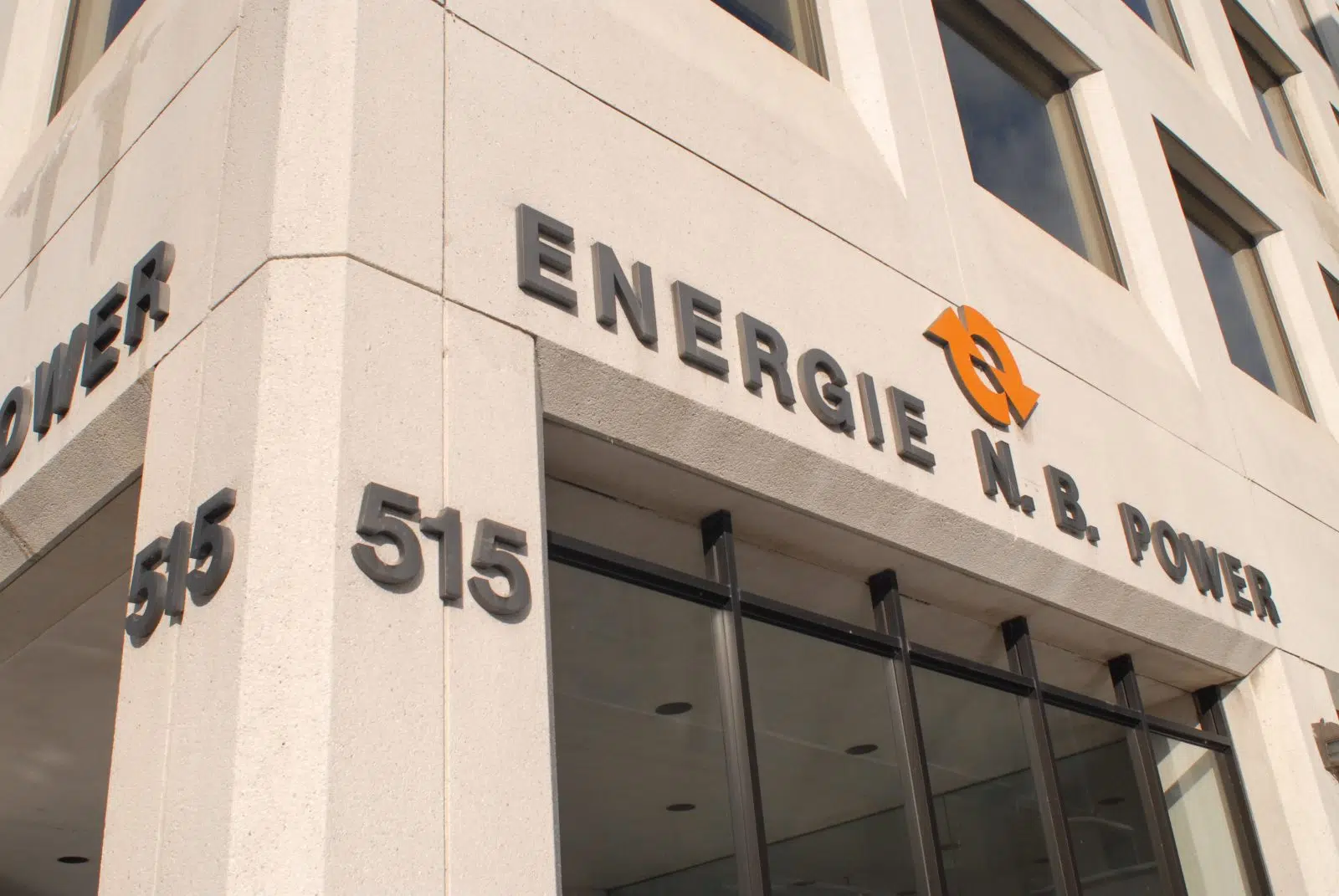
The NB Power head office in Fredericton. Image: Submitted/NB Power
NB Power’s residential energy efficiency programs fall short of providing wider access to energy-saving opportunities.
That is one of the conclusions in the first report released Thursday by New Brunswick’s newest auditor general.
Paul Martin said the current programs offered through the utility are not equally accessible to all New Brunswickers.
“For instance, Total Home and New Construction [programs] are more easily accessible to those able to pay upfront,” Martin told a committee of the legislature Thursday morning.
“In other words, households who do not have available capital to invest in upgrades face a financial barrier to access these energy efficiency programs.”
Martin said the Department of Natural Resources and Energy Development did not require NB Power to implement a financing mechanism when it transferred the responsibility for energy efficiency programs from Efficiency NB, a dedicated Crown corporation, to the utility in 2015.
“NB Power told us it recognizes the value of the financing mechanisms and is open to them. However, per NB Power, its focus is on debt reduction, and it does not “have additional resources to fund a financing program,” said the report.
The report also found that neither the Department of Natural Resources and Energy Development nor NB Power had a sustainable funding source for all-fuel (oil, gas, propane) residential energy efficiency programs in place.
In addition, Martin noted that the department was not effective in providing oversight for energy efficiency programs as it did not set energy-saving targets for NB Power.
Martin said the department also never challenged targets set by NB Power for energy efficiency, even when those targets were lowered by NB Power.
“Without effective oversight from the Department, it would be difficult to make significant progress in New Brunswick’s energy efficiency and reduction of GHG emissions and energy costs,” said his report.
Martin also found that New Brunswick’s program spending on energy efficiency programs for households is two times lower than Nova Scotia and six times lower than Prince Edward Island.
The auditor general made a total of seven recommendations for the department and NB Power, which include:
- Creating a sustainable funding model for all-fuel energy efficiency programs;
- A plan for energy efficiency mechanisms and other measures to reduce financial barriers; and
- A plan to improve non-electric households’ access to energy efficiency programs.
You can view the full report online by clicking here.







